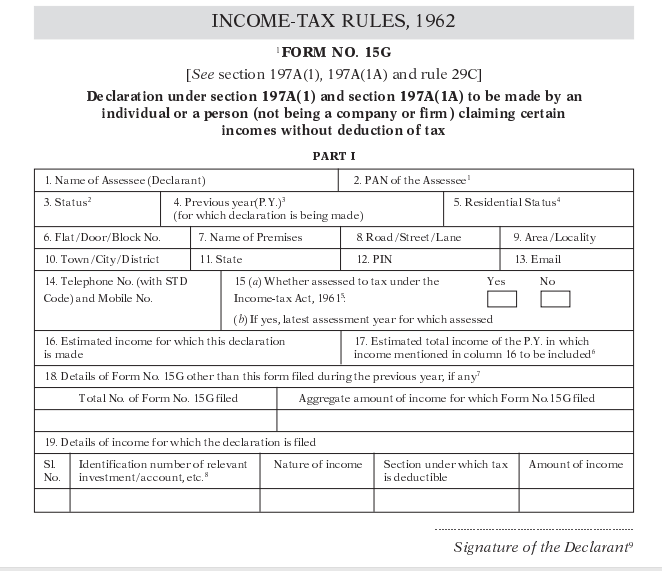Home > Income Tax > Filling of others Forms of Income Tax
Filling of Others Forms of Income Tax
Basic
✅ Form 15G/15H
✅ Form 15CA & 15CB
✅ Form 10E
✅ 80G
✅ Schedule D, DI

Other Related Services
12AA & 80G Registration, GST Registration, Invoicing, GST Filing, TDS Return Filing, Accounting, Income Tax Return (ITR) Filing, Banking and Payroll

GST Invoice
Get GST eInvoice with Input Tax Credit
Price Summary
Market Price: Depend upon Forms
Accountingforte: Depend upon Forms
Government Fee: Depend upon Forms
Accountingforte: Depend upon Forms
Government Fee: Depend upon Forms

